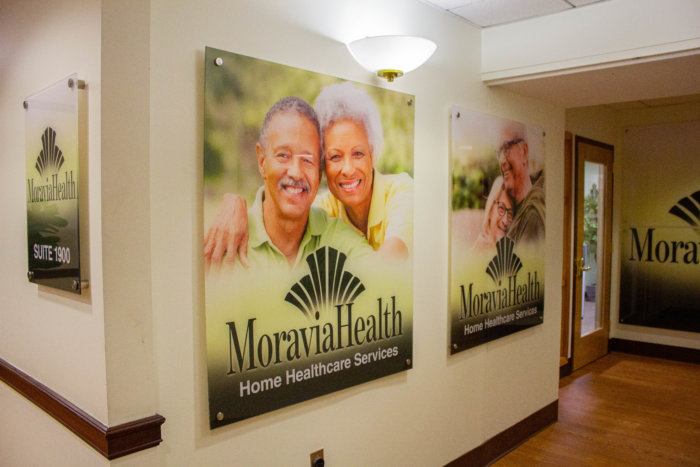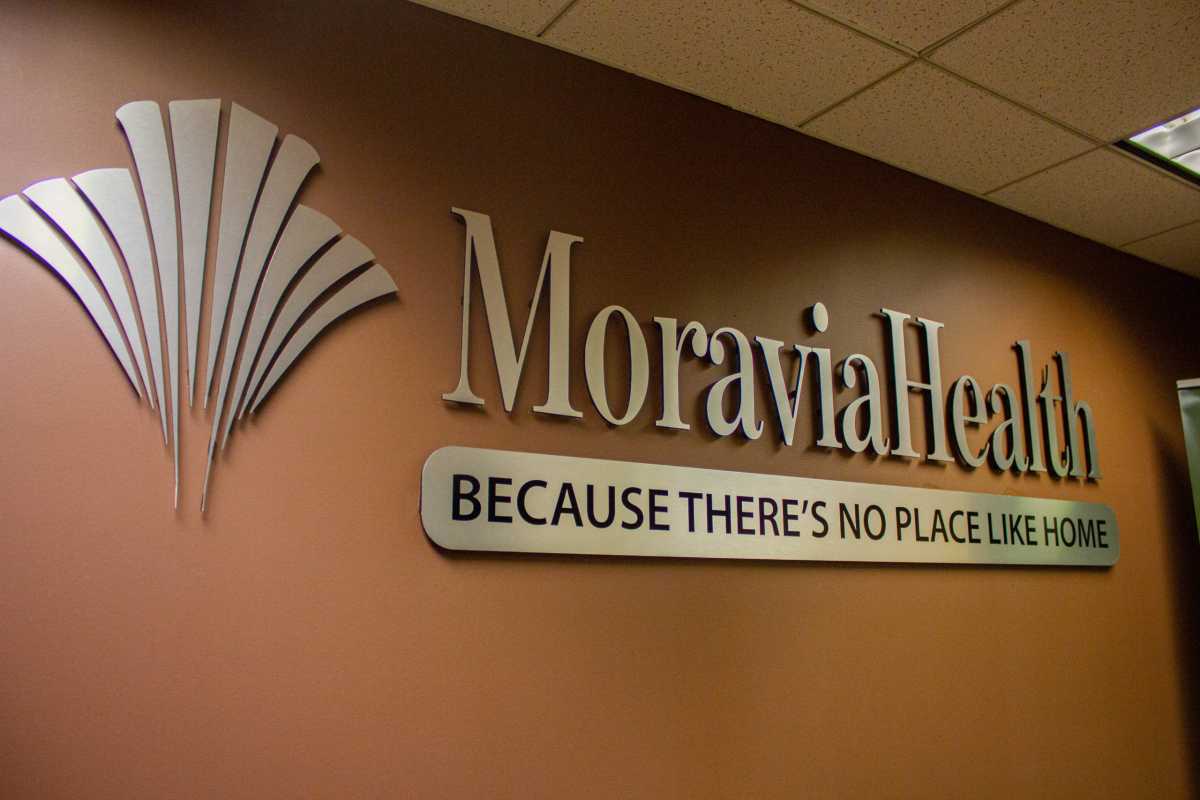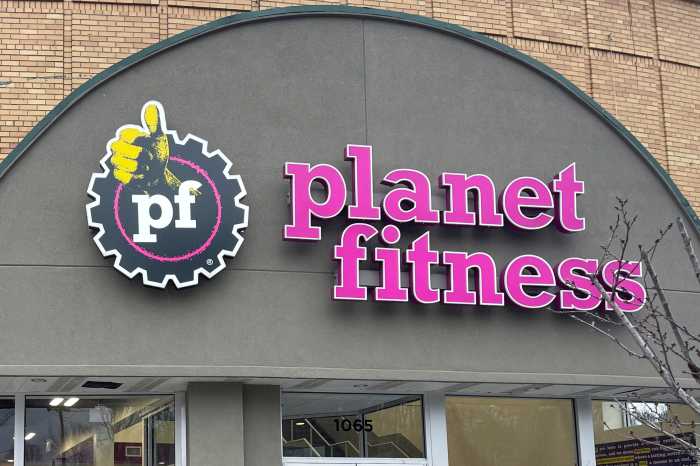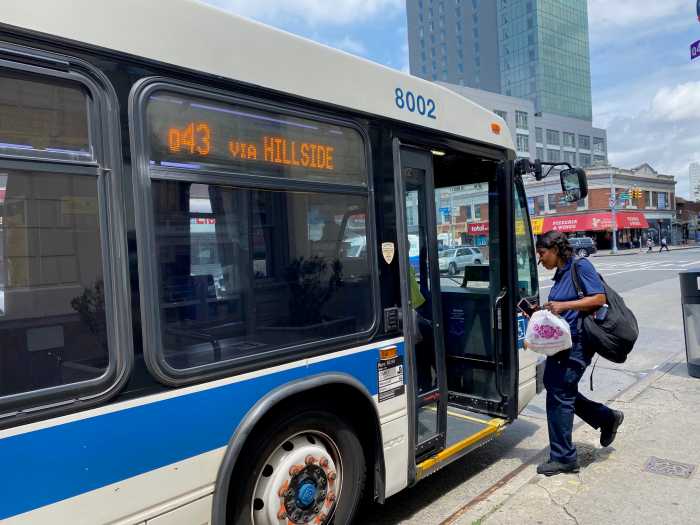Doing well by doing good.
That is the unofficial motto of Moravia Health, and one that Frank Igwe takes to heart. It applies both to the day-to-day services of the local home care agency, as well as their volunteer work within the community.
“At the end of the day, Moravia Health was founded on community. We do good by giving back to people,” said Igwe, President of Moravia Health. “Community service is built into the foundation of the company. Community is what we’re all about. We were founded in community and it’s our responsibility to give back.”
Moravia Health hosts community dinners, back to school drives, educational drives, health fairs, among many other endeavors, but their work spans far beyond charitable outreach. As Igwe puts it, the company is able to help the elderly and disabled community the most by helping people live comfortably and safely in their own homes, while also providing essential health care services.
Currently serving 1,500 clients throughout the state of Pennsylvania, Moravia Health has ten locations, including its headquarters at 1500 Walnut Street in Philadelphia. The agency offers home care aid and medical social services. This includes medication reminders, assistance with bathing, dressing, meal preparation and eating, as well as companionship and counseling and health education. Some clients have limited abilities, but wish to stay at home, while others are physically unable to leave their home and need assistance with daily activities and medical help from a certified nurse.
“There’s dignity and respect in aging in place. Being able to grow old in a home that you’re familiar with—that’s an important thing,” Igwe said.

Choosing to receive healthcare assistance at home is a big life decision for seniors, and one that became more favored during the coronavirus pandemic. Older adults are at a much greater risk of becoming seriously ill if exposed to COVID-19 and—especially at the onset of the outbreak—nursing homes experienced a higher number of positive cases.
However, home care services also had to adapt during the pandemic. One of the first initiatives Moravia Health implemented was switching to a one-on-one model for patients and home health aides. This not only limited the amount of people coming into a person’s home, but also provides more personalized care and peace of mind—especially during the early days before vaccines were readily available.
“It’s a hard time for everybody, especially those on the front lines. These home care aides are our unsung heroes,” said Igwe. “There is a lot of burnout in this industry. It’s been one of those things that has only gotten worse with time because this pandemic has been going on two years now. In that sense it has affected the industry at large because you are seeing a lot of people with high rates of burnout and people just leaving the field. We try to mitigate that by paying more per hour as well as paying hazard pay to compensate them.”
There are many types of healthcare providers employed through Moravian Health—caregivers, certified nurse assistants, home health aides and registered nurses. Those who are already caring for a loved one also have an opportunity to join the team.
“You can actually hire a family member—a brother or sister, nephew or aunt—someone that you more than likely live in the same house with anyway,” Igwe explained. “We’re reducing the number of unfamiliar people who may come in and out of a home. We do mitigate the risks that our clients are exposed to while also, as a side benefit, we’re helping them economically. Home health care acts as an injection of revenue, economic support to that family, that’s one of the great things about the program.”
Those interested in becoming certified as a home health aide must first complete a state program, as well as training and also pass an exam.
“We let our clients know that whether you know it or not, whether it’s a family member, you’re already usually receiving care at home. Why not have your son or your daughter get paid for the services that they’re providing anyway?” said Igwe.
“It’s difficult sometimes when someone has been independent all of their life to all of the sudden say, ‘Hey you might benefit from this program,’ because in essence you’re telling them that you’re transitioning from being independent to somebody who becomes dependent on the home health aide,” he added. “We try to instill in the patients that this is nothing to be ashamed of, everybody needs help. They’re not alone, everybody goes through this.”
For more information about Moravia Health, visit moraviahealth.com
































